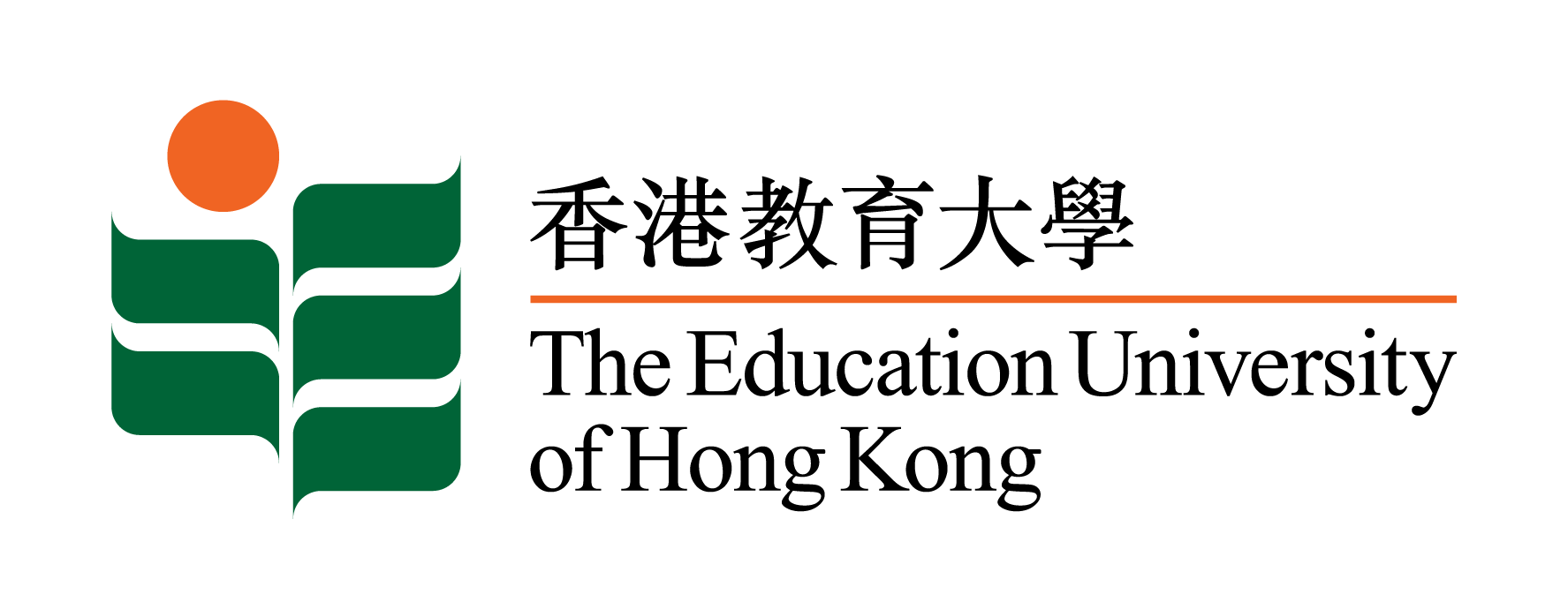- School Development
- Demonstrate an understanding of the interrelationships between a school’s educational philosophy, goals, policies and practices, and how these affect teachers’ roles and responsibilities.
- Demonstrate an understanding of the school as a social and cultural institution working in collaboration with stakeholders to respond to contextual factors and societal changes.
- Student Development
- Demonstrate an ability to cater for students’ diverse learning needs and to enable them to develop their potential.
- Demonstrate an ability to act as a caring cultivator of students’ all-round development with moral virtues, positive and ethical values and attitudes, multicultural awareness, and an entrepreneurial spirit.
- Teaching and Learning
- Display command of content knowledge of the subject(s) assigned to teach.
- Demonstrate the ability to use pedagogical content knowledge in planning and developing teaching strategies and materials for students’ diverse learning needs.
- Demonstrate the ability to act as a knowledge co-constructor and to provide a learning environment that engages students with diverse learning needs in individual and collective construction of knowledge through appropriate classroom language, varied and innovative approaches, and use of technology.
- Demonstrate the ability to design and apply a variety of assessment strategies to provide feedback on students’ learning and to inform ongoing teaching.
- Professional Relationships and Services
- Demonstrate good rapport with peers and school supporting team through developing cordial, cooperative and communicative relationships with them and participating in school activities.
- Reflect on and evaluate the process and outcomes of their own teaching, their roles as a model, a caring cultivator and a knowledge co-constructor, and their ethical practices in school for the purpose of continuous professional learning.
Field Experience components include a variety of opportunities for students to integrate their learning from teacher education and to demonstrate their competence in various domains. Field Experience is designed with a clear focus on the overarching curriculum framework of the programme. Its objectives are closely linked to the Programme Intended Learning Outcomes.
The Field Experience domain consists of three components, namely Field Experience Foundation Course, Block Practice (including FE Semester) and Field Experience and Professional Learning Portfolio.
Field Experience (FE) Foundation Course is a year-long course for students of Full-time BEd programmes, aiming to facilitate students’ early development and adaptation to the changing role of a student to a teacher in Year 2. Students will be guided and supported by a Professional FE Tutor to develop an understanding of the professional standards required of teachers in Hong Kong, and reflect on their personal and professional values and beliefs to establish their teacher identity. Students will also engage in Professional Authentic Context Learning to start their professional dialogues with different personnel in the education sector and be exposed to authentic teaching contexts in their developmental journey towards a professional teacher.
A period of block practice (BP) provides students with opportunities to teach and to be engaged in the life and work of the school. BP is delivered in two parts. i.e., Block Practice I and II. The duration of each BP for students of Full-time BEd programmes is 8 weeks to build their capacity in working with different stakeholders in schools and experience teaching, enhancing students’ teaching practice experience and adapt to the school environment, and the BP duration in each block for students of Full-time PGDE programmes is 4 and 8 weeks.
Throughout the block practice, students are supported by EdUHK supervisors and supporting teachers from placement schools. Students learn to become competent practitioners, ready to enter the teaching profession. This readiness ultimately has to be assessed by the EdUHK supervisor. Supporting teachers’ are invited to give feedback at the interim and final stages of the block practice.
To better equip students to become 21st-century teachers, training on different modes of teaching to cope with the ever-changing situation and facilitate students’ learning progressively. Students are required to adopt the following three modes of teaching during BP:
- Simulated mode of teaching
A teacher training technique to give feedback, assess, and evaluate students by encouraging them to teach specific topics to a small group. It is also a development process for the students to improve teaching, give them a real life teaching experience, etc. - Virtual mode of teaching (synchronous and/or asynchronous modes)
By using computer software, the Internet, or both to deliver instruction to pupils, and minimise or eliminate the need for our students and school pupils to share a teaching venue. - Authentic mode of classroom teaching
An authentic environment offers students the opportunity to have face-to-face interactions with their pupils in school contexts.
Students of Full-time PGDE programmes are required to submit a FE Portfolio in each block of teaching practice. Whereas, two Field Experience & Professional Learning Portfolio Courses are offered in parallel with Block Practice I and Block Practice II for students of Full-time BEd programmes in the form of small group tutorials to guide and assess students’ critical and in-depth self-reflection on FE by the Professional FE Tutors. They support students’ active engagement in FE learning in schools and facilitate students to prepare, demonstrate, test, analyse, and reflect on their professional teaching and development through group and individual guidance/consultation.
